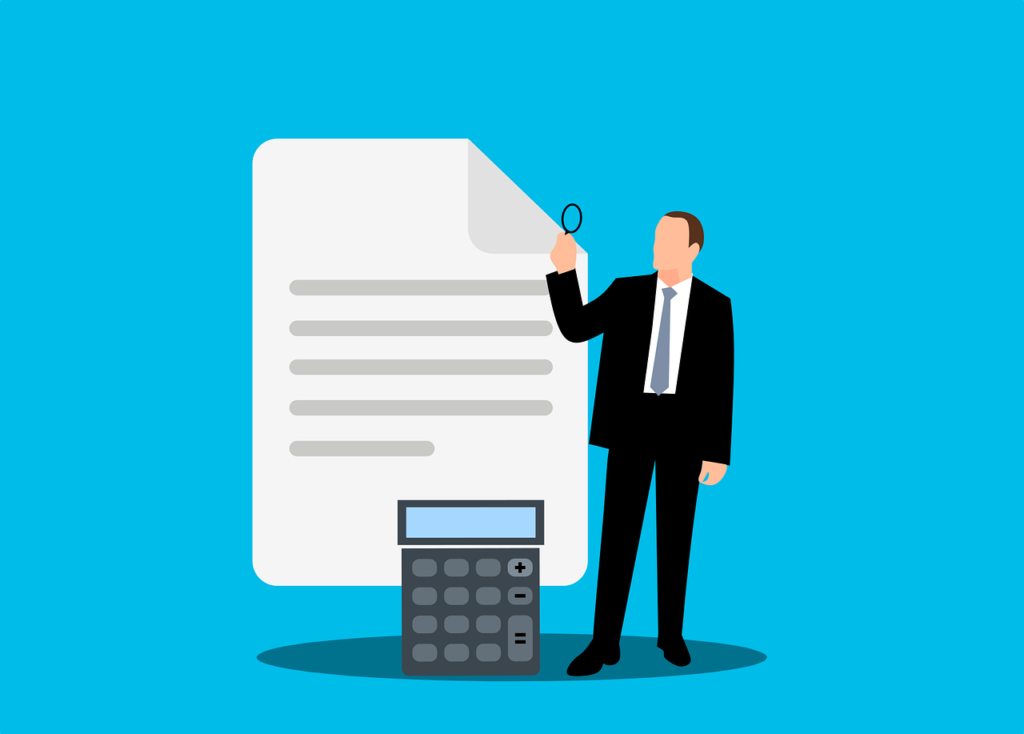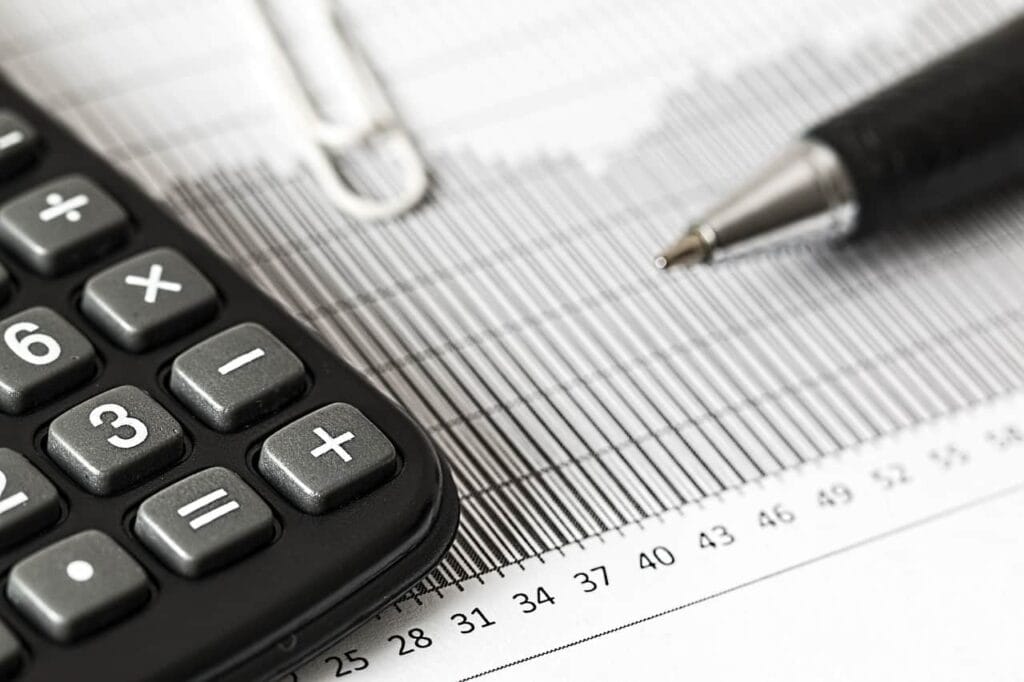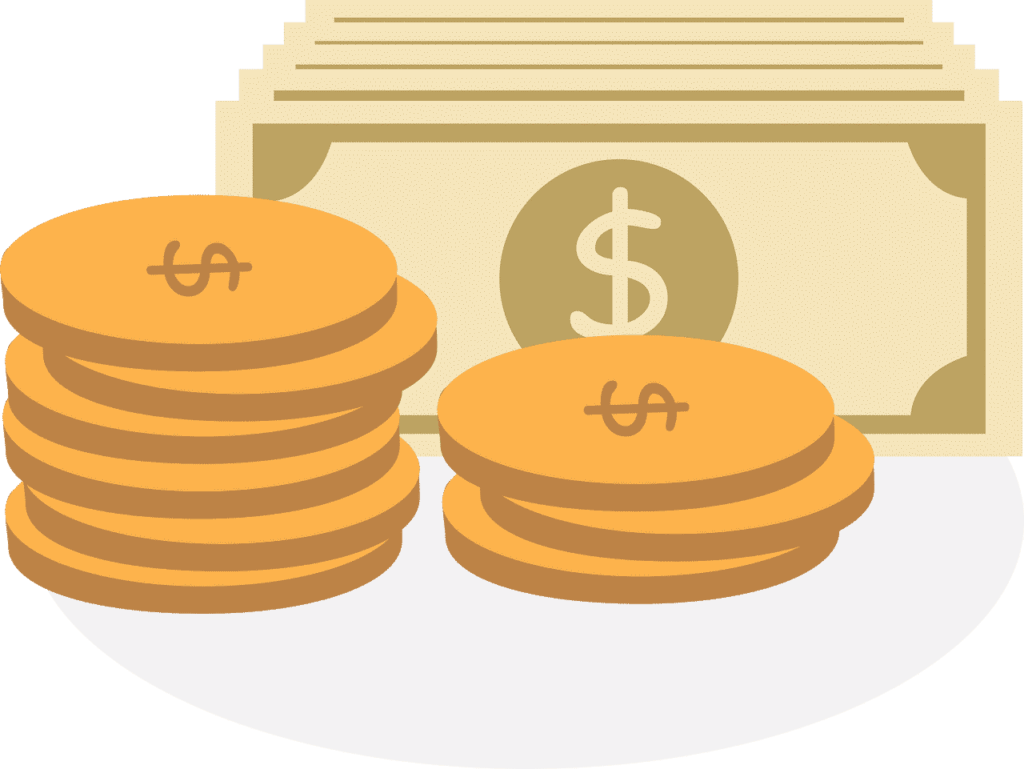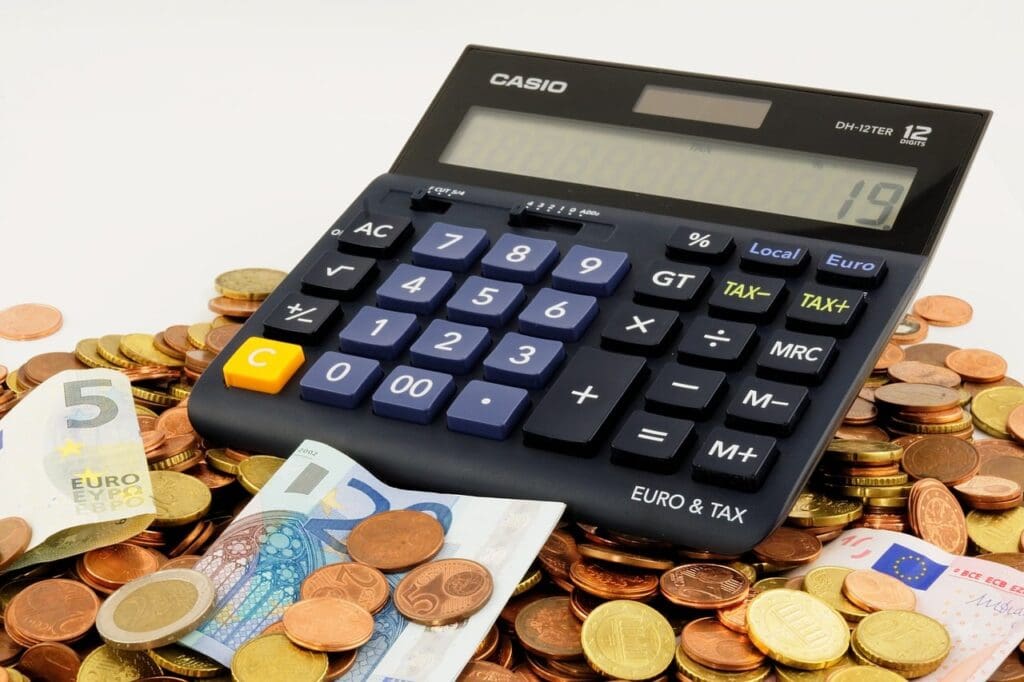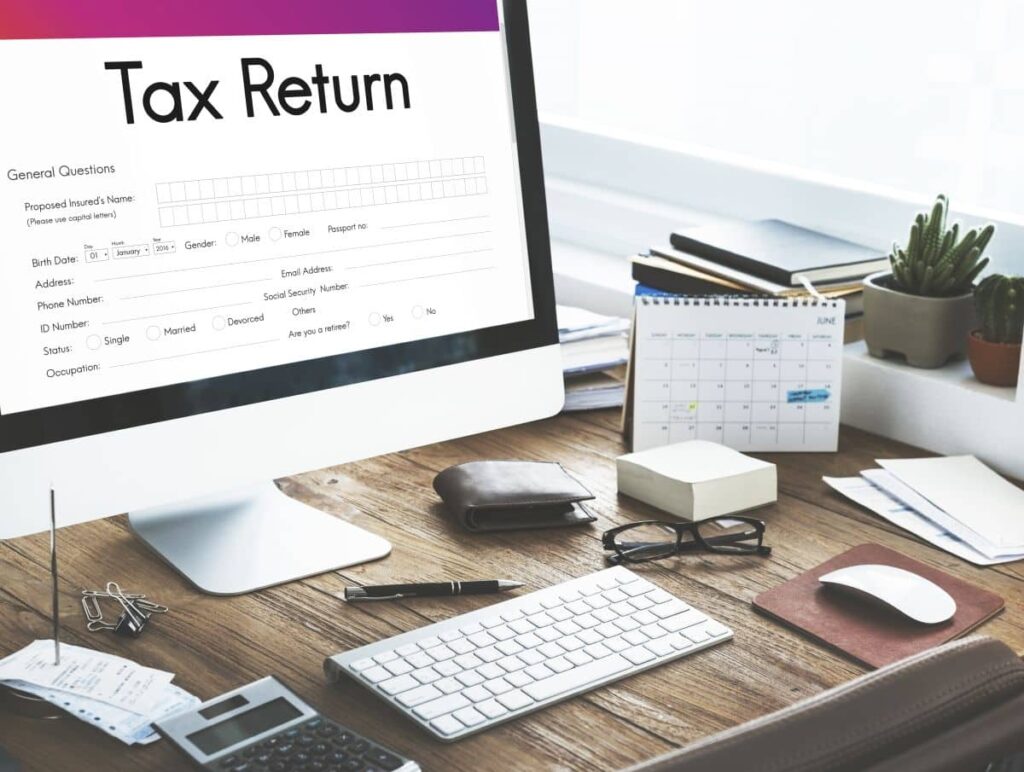Australian Tax Basics Explained
Australia is a little different from other countries regarding tax. If you’re new to Australia or just need a refresher on the basics, this article will explain everything you need to know.
We’ll cover topics such as income tax, GST, property taxes, and more. So whether you’re an expat about to file your first Australian tax return, or just curious about our system, read on for all the information you need.
In Australia, we have a progressive tax system. So then the more money you earn, the higher percentage of tax you pay. So it’s important to understand how our tax system works to plan for your financial future.
In this post, we’ll explain the basics of Australian taxation. We’ll cover income tax, PAYG withholding, Fringe Benefits Tax (FBT), and Capital Gains Tax (CGT). By understanding these concepts, you’ll be in a better position to make informed decisions about your finances.
Are you confused about your taxes? Don’t worry; you’re not alone. Australia has a complex tax system that can be tricky to understand. This blog post will explain some of the basics of Australian taxes.
We’ll cover topics such as income tax, GST, and depreciation. By understanding these concepts, you’ll be in a better position to file your taxes confidently this year.
Should you file a tax return in Australia? What are the tax rates in Australia? What can you claim as a deduction on your Australian tax return? If these are questions you’re asking yourself, you’re not alone.
Tax laws can be confusing, but don’t worry – we’re here to help! In this blog post, we’ll explain the basics of Australian taxation and walk you through the process of filing your tax return.
So whether you’re a first-time filer or just looking for a refresher, read on for everything you need to know about Australian taxes. In this blog post, we’ll provide an overview of Australian taxation and go over the basics of filing your tax return.
Australians have to pay taxes on their income, no matter who they are or where they live. So then , there are a few kinds of Australian taxes, and it can be confusing to figure out how much you owe.
This blog post will explain the basics of Australian taxation to understand what you need to do come tax time. Don’t worry – we won’t bombard you with too much information at once!
We’ll explain it step by step to get a good understanding of the system. Stay tuned for more detailed posts on specific aspects of Australian tax law shortly.
Do you know your Marginal Tax Rate? Have you ever claimed a deduction? Australian tax can be confusing, but it doesn’t have to be.
In this post, we break down the basics of Australian tax so that you can understand how it works and make sure you’re taking advantage of all the deductions and exemptions you’re entitled to.
Plus, we answer some of the most commonly asked questions about Australian tax. So whether you’re a first-time taxpayer or just want to brush up on your tax knowledge, read on for everything you need to know about Australian taxation!
If you’re an Australian taxpayer, it’s important to understand the basics of the tax system. This article explains how income tax is calculated, what deductions and allowances you can claim, and when you need to lodge a tax return.
We also outline the different types of taxes that apply in Australia and provide some tips for reducing your tax bill. So whether you’re a first-time filer or just want to make sure you’re taking advantage of all the deductions available to you, read on for everything you need to know about Australian taxation.
Let’s get started!
Personal Income Tax in Australia
The Australian Taxation Office (ATO) takes a cut of your salary before you even get paid, and then sends it on to them. This may seem like an annoying step in the process but don’t worry; they only do this because we’re supposed to be paying taxes here!
Australian Tax Treaties
The Australian government is committed to preventing double taxation and promoting cooperation between international tax authorities. In doing so, they have signed more than 40 different agreements which aim at ensuring the preservation of this harmony in an ever-changing world where technology continues expanding rapidly with new innovations coming out every day!
Individuals who are legal residents of a treaty country will be subject to the treaty’s conditions. In addition to bilateral tax treaties, some other international tax arrangements relate to specific industries or topics.
Commonwealth Taxes
Jurisdiction to tax
The Federal Government of Australia taxes residents and non-residents alike on worldwide income. The law requires that you be born in, or established under Australian Law to qualify as an Australian Citizen for this purposes (and if not then we’ll find where your citizenship status lies). This means any money earned from abroad will also have taxation applied too!
The Australian taxation system is designed to ensure that you pay only one rate of tax on your income, even if it’s received in two different countries. Australia has entered into plenty of double tax agreements with other nations and will prevail over domestic law when considering how much should be taxed by each country involved so as not create any unnecessary complications or difficulties for people who may find themselves subject both at home soil AND abroad! Plus we’ve got this nifty credit where Australians get rewarded just because they’re living overseas – what could possibly go wrong?
Taxes on income
The tax code is a complicated set of rules, but it’s easy to understand when you know what information needs to be included in order for your deductions and losses. The first step towards understanding how these work? Making sure that all necessary details get recorded on paper so they can later come into play during filing time!
There are certain conditions which need to be met in order for firms and individuals to set off losses against other types of income.
Capital Gains Tax (CGT)
For assets that are sold, CGT is imposed when the gain from their sale cannot bemore than what was paid for them. The rules of capital gains valuation apply to these transactions and ensure that only partversus total return on an investment will qualify as tax-free income; any excess will need paying out in taxes like regular wages would if received by someone else instead!
CGT is a complicated subject that taxes many types of assets. Assets such as motor vehicles, personal use property and one’s main residence are exempt from CGT while foreign residents have to pay capital gains on only certain kinds if real-estate or other owned items gain value over time due them being considered ” Alive” under Australian law .
What are capital gains? They’re included in your taxable income and taxed at the rate of tax that you owe.
The government has recently changed the rules on capital gains taxes, so that non-residents can no longer access their 50% discount. Capital losses incurred will only be offset against other investments – not personal income!This guide aims to provide a broad introduction to Australia’s tax system framework. The Australian tax system is a unique blend of federal and state finances, with each government controlling their own set taxes.
The Commonwealth is the Australian government which can tax all of their citizens.
Various tax incentives for capital investment and inbound investments to Australia may apply in certain circumstances for a limited period.
According to the abovementioned rules, individuals are taxed on income and capital gains. The Australian taxation system is a progressive tax scale that taxes individuals based on their net income. This means if you have more money, it will be taxed at higher rates than lower incomes – so in order to keep things fair for everyone who lives there or visits often enough!
The rate of tax payable increases as taxable income increases.
Temporary residents are people who come to Australia for work purposes, but they may also be treated as if their stay is temporary. This means that you can take advantage of certain tax benefits like not paying income taxes on any wages earned while living here!
These tax rates may be the same as those for residents, but temporary visitors can also take advantage of other incentives.
Companies
Although the taxation of temporary residents can be complicated, there are some important considerations that they should know.
Temporary Residents will have their taxes adjusted according to what type and level of residency they hold with Canada or any other country where this applies – so make sure you’re aware before filing!
The dividends paid by companies to their shareholders are treated as if they were taxes and the amount is assessed using an imputation system.
The purpose of this system is to pass on a ‘credit’ for the tax that has been paid by companies when dividends are paid out. This means you ultimately pay your income taxes at each resident shareholder’s applicable rate, not just those who own shares in an incorporated business as well! A comprehensive consolidation regime also applies if 100% owned groups have their profits taxed under one company instead- which allows them ignore transactions occurring within these smaller units while computing how much should go toward paying off what was owed from previous years’ earnings
Consumption Taxes – the Goods and Services Tax (GST)

The GST is a tax that applies to all purchases and has been imposed at 10%.
Some items such as food, exports or education are exempt from this totes while others may be taxed differently in each country depending on their needs so it’s important for consumers’ sake keep track themselves what exactly goes into our pockets before we pay!
Businesses that have an annual turnover of more than $80,000 are required to register for GST. The business can either be liable and pay tax or entitled with a refund each year depending on how much they’ve collected through sales compared against any credits received from paying taxes themselves in regards towards goods/services purchased while conducting their enterprise activity as well so make sure you’re up-to date!
Tax on Investment Earnings
Investment earnings in your super will be taxed at the maximum rate of 15%. However, if you hold Australian shares with franked dividends then these will be taxed less than their full value.
The 15% tax rate on superannuation investments can be a great incentive for those who are looking to invest their money.
If you’re in the top marginal bracket, then it means that your taxes will go down as much of an investment’s return- which could result in more after-tax dollars being available each month!
The tax on capital gains is an important topic for anyone who invests in assets. The good news? If you sell your investment within 12 months of buying it, then two-thirds will be taxed at just 15%.
The capital gains tax is a fantastic tool for governments to fund their services.
The rate on investments held outside of superannuation can be as high at 10%, if you have been inside your account over 12 months or more then it will only apply half the amount that was earned from those profits which would result in an effective taxes down towards 23-and 5%.
The Australian tax system is designed so that people have the necessary incentives to save for their retirement while still investing inside super at peak earning years.
Your super is in the retirement phase when you start paying no tax on investment income or capital gains from your account. This could be because of exceptions, but generally speaking it means that once something has been converted into cash and pumped out for decades to come – like a lump sum payment or an income stream- then all future earnings will go towards funding this final stage before we get our Social Security checks!
Other Taxes And Levies
Fringe Benefits Tax (FBT)
The Australian taxation system is designed to ensure that employers pay what they owe, and not more. The government uses an ingenious method of collection: if you provide benefits as part-of your job responsibilities then those things are taxable; however some fringe expenses don’t fall under this rule because Australia has very specific laws governing them (like certain car use).
FBT is levied on the benefits provider at a flat rate of 46.5% and may be deductible against the employer’s taxable income.
Medicare Levy and Medicare Levy Surcharge
Medicare is a public health insurance scheme in Australia. It operates by receiving contributions through the Medicare Levy and surcharge, which are taxes imposed on Australian residents’ taxable incomes . The flat rate for this tax stands at 1 percentage point per dollar earned up until $20-$40K; after that it increases to 2%. Exactions may apply if you’re low income or foreign born.
Superannuation tax – the Superannuation Guarantee Charge
The Australian government is making a major change to how much superannuation an employee must save. The current rate of 9% will increase over time until it reaches 12%, which has been mandated by law as the new threshold for all workers beginning 1 July 2019 onwards!
The Superannuation Guarantee Charge is a tax that every employer must pay when they fail to contribute at least the minimum amount of money required by law. This charge includes interest and administrative charges, but in practice most companies will make up for any shortfalls with contributions from their employees or themselves as well-natured efforts towards saving for retirement!
Luxury car tax
Luxury cars are taxed at a flat rate of 33%. The rules for what makes up this classification are vague, but there is one thing that all luxury vehicle have in common: they’re expensive. However, it generally applies to cars valued over approximately $60,000 or $75,000, depending on the vehicle’s fuel consumption.
Tax-Free Threshold
What does “tax-free threshold” mean?
The tax-free threshold is like an un-taxed “starting amount” for your personal income or earnings.
If you have a total annual income that’s less than the tax-free threshold, then no taxes will be owed to Australian Tax Office.
The definition of your “income” is all money earned from jobs and other sources like interest on bank savings or consulting contracts–and even side businesses can count!
The government knows what you earned and how much tax was taken from that income, so if there’s any left over after all those deductions or withholding are applied to your final payment in dollar bills each year – which will probably be more than enough because who doesn’t love money?!- then rest assured knowing it’ll come back at some point during filing season.
Do I need to lodge a tax return?
If you earn less than the tax-free threshold, generally, you won’t pay income tax to the ATO. You neither lodge a tax return.
Sometimes you may need to lodge a tax return to get back some paid tax money. However, even if you don’t lodge a tax return, you must send the ATO “non-lodgement advice”.
The Australian Tax Office (ATO) has an complicated formula for calculating your income tax, but it is easy enough to work out how much you’ll owe if earn more than the threshold. The percentage of what’s left over from last year after all other expenses are taken into account will be used as a guide when determining how much should go back onto filing forms with them next April!
What is Non-Lodgement Advice?
If you don’t need to lodge a tax return this year, that does not mean the end of your responsibilities. You can still be listed as having an outstanding return and mailed unwanted invitations for next December’s deadline if it is not submitted in time! A good idea would be submitting non-lodgement advice instead with explanations on why there won’t anymore paperwork come through until after April 15th – just make sure all information provided matches up correctly so they know what happened while their attention was elsewhere…
Other Considerations When Trading Between Australia And Other Countries
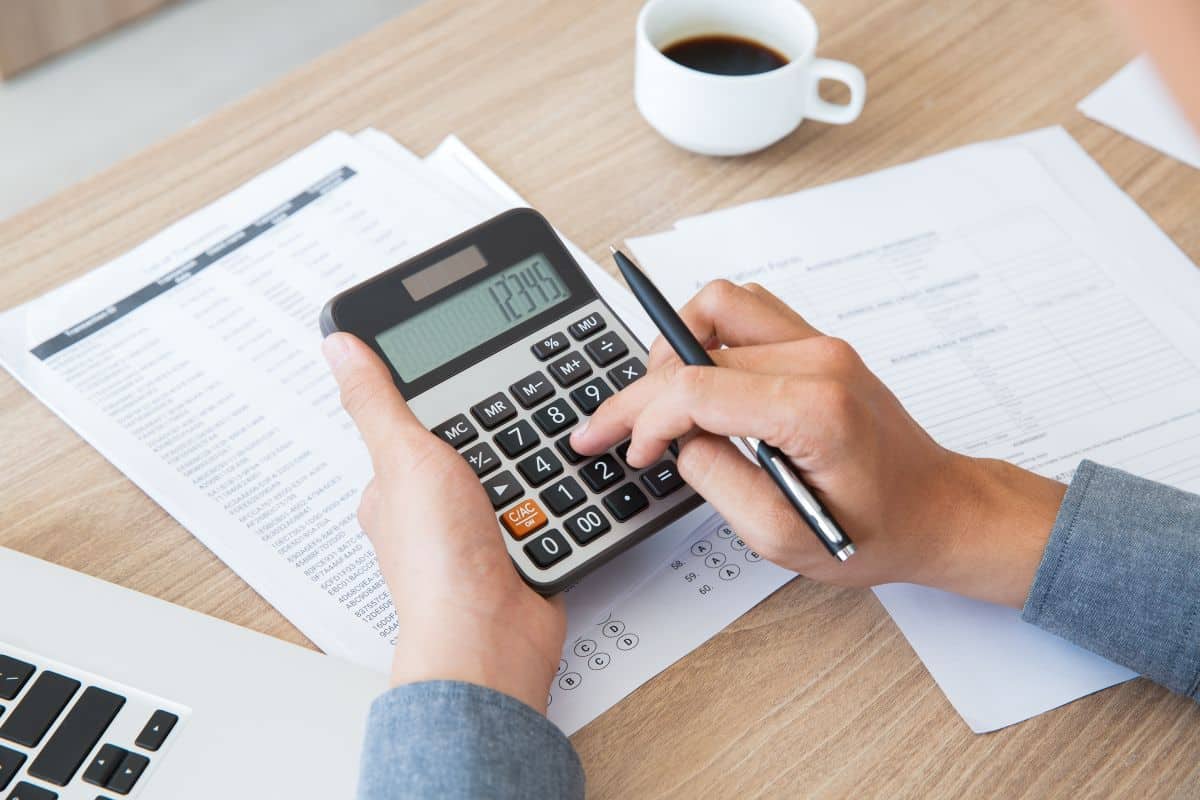
Transfer pricing
If you’re in the business of buying or selling goods, services and finance to Australians then it’s important for your company not only consider Australia’s normal international trade rules but also their transfer pricing regulations. These laws protect against abusive practice where one party charges more because they are related at heart – which would mean an affiliate abroad might charge less than what unrelated parties would take home as profit!
Australian tax authorities are always on the lookout for high-taxation opportunities, which is why they will examine every transaction to make sure that no taxes were avoided.
In order for a cross border exchange between two companies in different countries be considered “arm’s length,” both parties must follow all Australian rules and regulations regarding documentation as well pricing strategies when entering into this type of deal – even if it means being more meticulous about every detail!
Customs duty
The rate of customs duty is imposed on goods imported into Australia.
The ‘customs value’ for a particular good can be determined as either fair trade or not, depending on its type and where it’s coming from in relation to our country’s borders – this often changes depending upon what we’re trying protect ourselves against!
Importers need to be aware that customs duty is payable when the relevant goods enter Australia.
The specific rules will depend on how they are classified by Australian Customs and may change with Tariff Concession Orders or Free Trade Agreements in order for a country’s products access certain markets without paying extra charges associated with importing those goods into another nation state.”
Excise duty
Excise duty is a tax on the manufacture and consumption of alcohol, tobacco products as well fuel or petroleum. It’s important to note that when these goods are imported instead if produced locally they must pay customs duties which match those imposed by their country’s own government
This means there can be multiple rates depending both where you live but also what kind (excise vs basic) so it pays off knowing all this beforehand!
The Australian government has an excise duty on alcohol, tobacco products and fuel. If you’re importing these items into Australia instead of producing them locally then customs charges will apply just like with any other imported item(s).
Do you need help with your individual tax return? Tax Warehouse is a trusted individual tax return preparation company in Australia. We perform cheap and quick tax returns for individuals. You can give us a call on 0407 418 209 or email us on [email protected].
FAQs
Backpackers in Australia have been picking up temporary jobs and some employers were deducting tax from their pay, but will they get it all back when filing a return?
You may be considered a non-resident for tax purposes because you’ve not settled in one place and established your home during the stay. This means that all of your income will go towards paying taxes, though there are some benefits to being an Australian resident like not having pay Medicare levy or other similar fees when filing returns back home.
What is the exact difference between resident and non-resident tax rates?
Non-residents of Australia pay tax on all taxable income as declared in their tax returns, but they do not have to pay Medicare. This is because residents are required by law to include every penny earned inside and outside this country when filing for a report from the Australian Tax Office (ATO).
A nonresident may be entitled some rebates that cannot necessarily apply just like how certain benefits might also come with strings attached – such as having restrictions regarding where you can spend them or who’s liable if something goes wrong while using these services
I am three years behind in lodging my tax returns. Will I get into trouble?
It is important to settle your outstanding tax returns as soon and before the Australian Taxation Office takes any action against you. Once they have begun an investigation, it could result in court proceedings that might not only cost time or money but also risk conviction for a crime of some sorts!
The ATO has very stringly penalties ($170 per 28 days) which are coupled with interest charges if unpaid; this can add up quickly–especially since there’s no guarantee whether one will get their refund back even after submitting all necessary documentation prove eligibility).
Can you complete my tax return if I miss a PAYG Payment Summary (group certificate)?
If you’re having trouble getting your payment summary, there are two ways to go about it.
You can either get a copy of the information from an employer on their end or by reviewing payslips for that period and seeing if any details show up there–like what was taken out as income/deductions during tax season last year! If neither method works out in our favor then I recommend seeking help elsewhere; maybe even through filing taxes separately?
I received an extra PAYG Payment Summary (group certificate) after completing last year’s tax return. Can I put it in this year’s return?
No, you can’t. You can only include a PAYG payment summary from last year with your current tax return if it relates to that particular fiscal period. You will need an amendment for the previous calendar year’s filing in order make this happen, so get editing!





